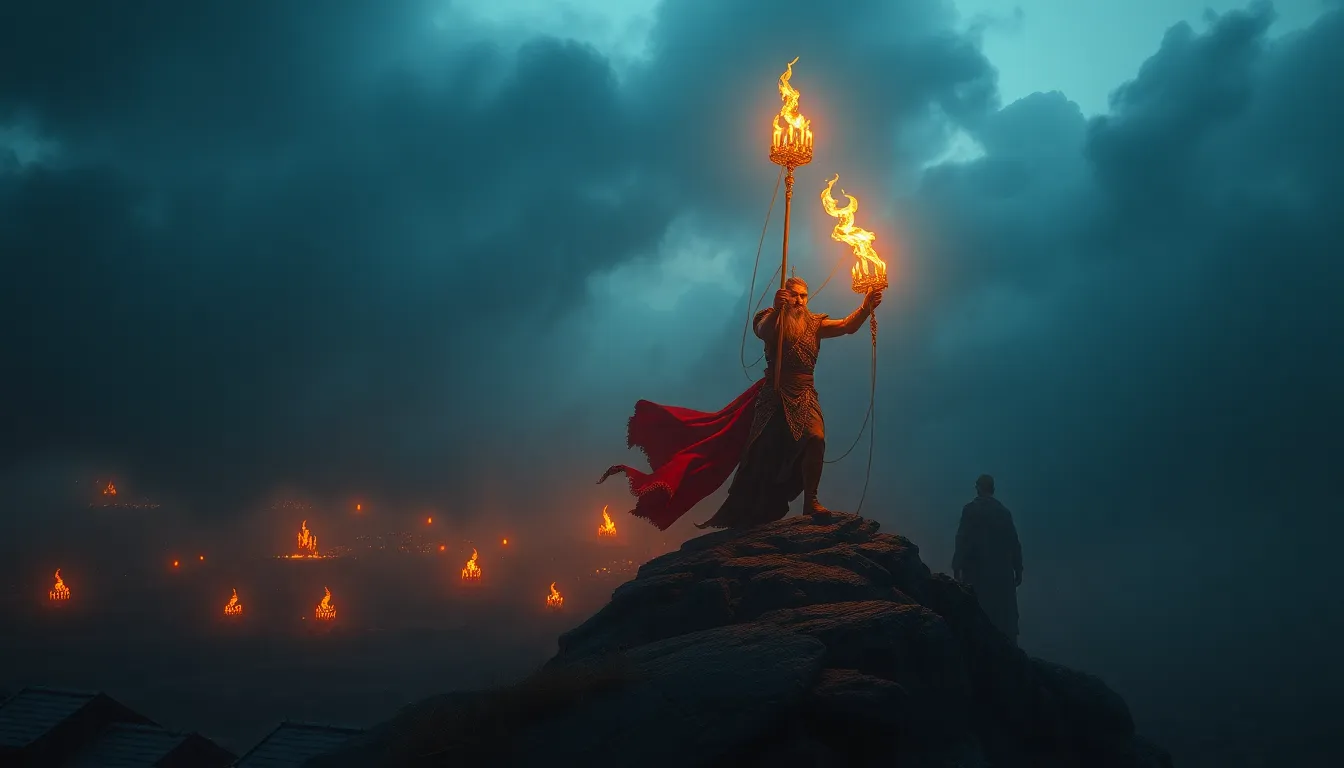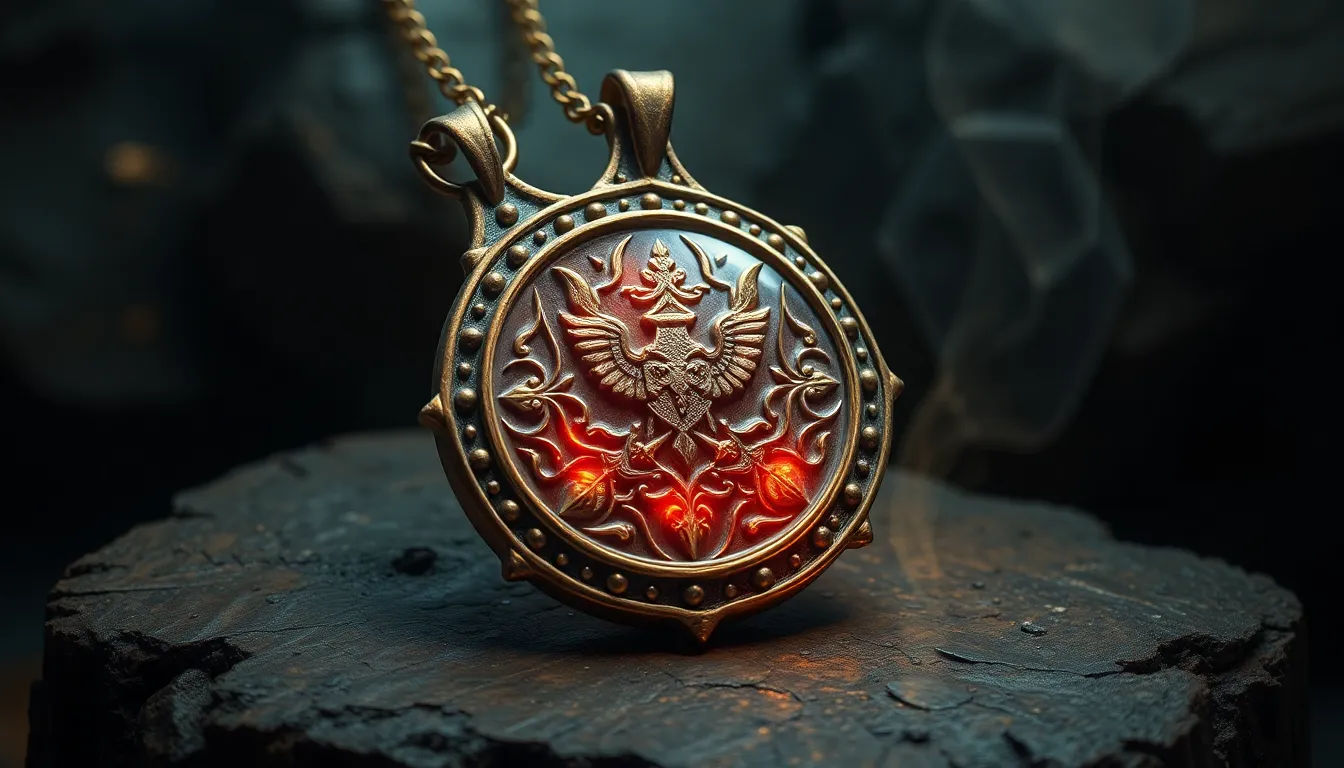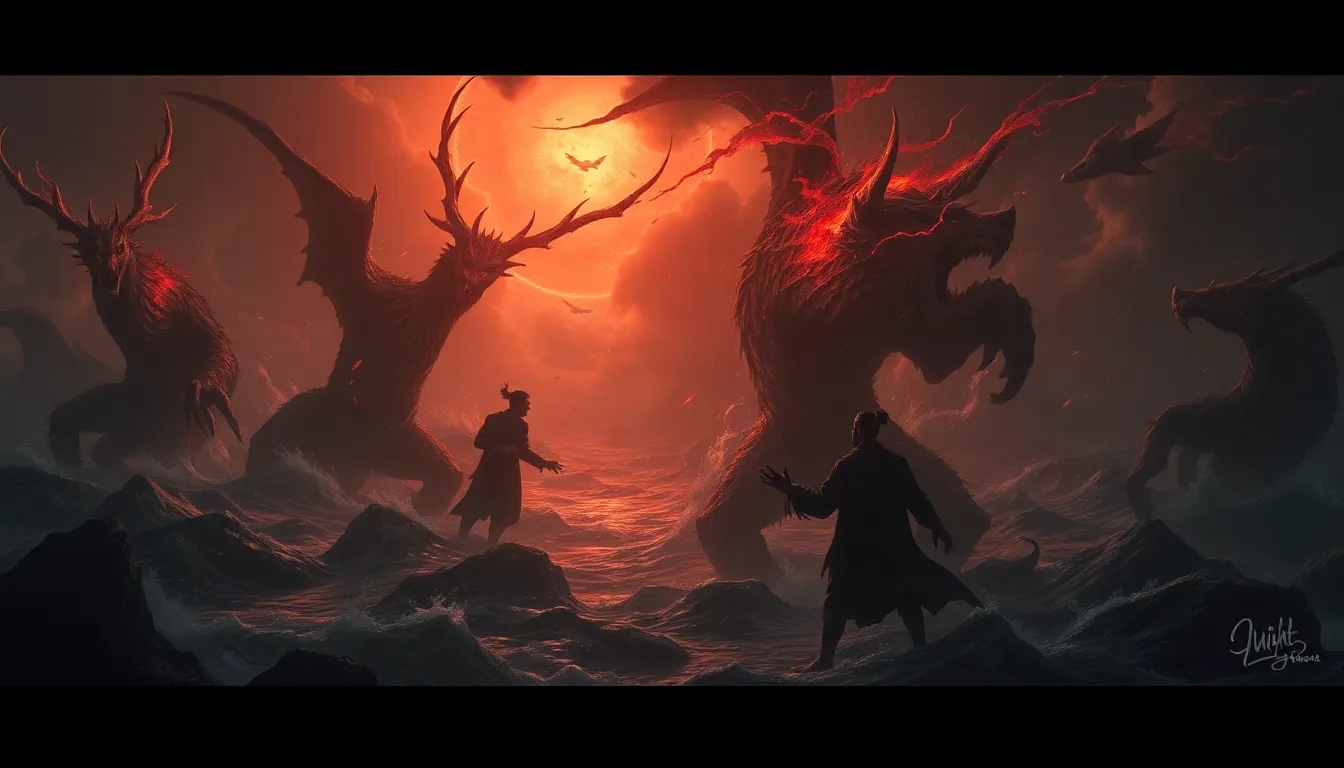The Power of Cultural Hero Myths in Shaping Society
I. Introduction
Cultural hero myths are narratives that celebrate individuals who embody the ideals and values of a society. These myths often depict heroes who undertake great journeys, face monumental challenges, and emerge victorious, serving as a source of inspiration and identity for people. Across various cultures, hero myths play a critical role in shaping societal values, norms, and collective identities.
The importance of these myths transcends entertainment; they provide frameworks through which societies understand themselves and their histories. This article explores how cultural hero myths shape societal values, norms, and identity, reflecting the aspirations and challenges of different communities.
II. Historical Context of Hero Myths
Hero myths have existed since the dawn of civilization, with ancient cultures producing rich tapestries of stories that highlight the exploits of legendary figures.
- Greek Civilization: Myths such as those of Hercules and Achilles illustrate ideals of strength and honor.
- Roman Civilization: Figures like Aeneas emphasized duty and the divine right to rule.
- Indian Civilization: The Ramayana and Mahabharata showcase the virtues of dharma (duty) through characters like Rama and Arjuna.
As societies evolved, so did their hero myths. During the Middle Ages, chivalric tales emerged, while the Enlightenment introduced heroes who embodied reason and progress. Cross-cultural comparisons reveal both unique narratives and shared themes, emphasizing the universal appeal of heroism.
III. Characteristics of Cultural Hero Myths
Across cultures, heroes share common characteristics that resonate with human experience.
- Bravery: Heroes are often depicted as courageous individuals willing to confront danger.
- Wisdom: Many heroes possess knowledge or insight that guides their actions.
- Self-Sacrifice: True heroes often put the needs of others before their own.
Supernatural elements frequently enhance these narratives, with divine intervention playing a crucial role in the hero’s journey. The journey archetype—comprising departure, initiation, and return—serves as a powerful structure that resonates across various myths and cultures.
IV. The Psychological Impact of Hero Myths
Hero myths significantly influence individual identity formation. They provide models of behavior that individuals may aspire to emulate, shaping personal values and aspirations.
Psychological theories suggest that hero worship can foster a sense of belonging and purpose. The admiration for heroes can lead to:
- Increased motivation to achieve personal goals.
- Enhanced moral development by providing clear examples of ethical behavior.
- Stronger community ties as individuals rally around shared ideals.
However, the idealized nature of heroes can also create unrealistic expectations, leading to disillusionment when real-life figures fail to meet these standards.
V. Cultural Hero Myths and National Identity
Hero myths contribute significantly to the construction of national narratives and foster patriotism. They serve as symbols of shared values and historical struggles.
Case studies of figures like:
- George Washington: Represented as the father of the nation, embodying resilience and leadership.
- Mahatma Gandhi: Symbolizes non-violent resistance and moral courage.
- Nelson Mandela: Represents the fight against oppression and the triumph of reconciliation.
However, the portrayal of these figures can be subject to revisionist histories, which may alter national identity and collective memory, often sparking debates about who is celebrated and why.
VI. The Role of Media in Propagating Hero Myths
In the modern age, various forms of media play a pivotal role in shaping and disseminating hero myths.
- Film and Literature: Adaptations of classic hero myths in contemporary storytelling keep these narratives alive, making them accessible to new generations.
- Television: Series often explore the complexities of heroism, presenting flawed individuals as relatable figures.
- Social Media: Platforms allow for the rapid spread of heroic narratives, enabling everyday individuals to become heroes in their communities.
Contemporary heroes in popular culture often reflect societal values and provide a lens through which viewers can explore complex issues.
VII. The Power Dynamics of Hero Myths
The question of who gets to be a hero is laden with socio-political implications. Representation matters, as the narratives surrounding heroism can reinforce or challenge existing power structures.
- Politics of Representation: Historically marginalized groups often struggle for recognition within hero myths, leading to the need for more inclusive narratives.
- Anti-Heroes: The rise of anti-heroes in media challenges traditional notions of heroism, offering more nuanced portrayals of morality.
- Social Hierarchies: Hero myths can either reinforce existing hierarchies or serve as instruments for social change, depending on the narratives that are amplified.
VIII. The Transformative Potential of Hero Myths
Hero myths possess transformative potential, serving as catalysts for social change and movements for justice and equality.
Heroes can inspire collective action by:
- Mobilizing communities around shared goals.
- Providing hope and vision for a better future.
- Encouraging individuals to challenge oppressive systems.
Examples of modern heroes, such as Malala Yousafzai and Greta Thunberg, illustrate how hero myths can inspire global movements and foster a sense of collective responsibility.
IX. Critiques of Hero Myths
Despite their positive attributes, hero myths are not without critiques. Idealizing heroes can lead to:
- Fallibility: The expectation of perfection can overshadow the complexities of human nature.
- Manipulation: Hero myths can be co-opted for propaganda purposes, serving the interests of those in power.
- Collective Narratives: Alternatives to traditional hero myths, such as collective heroism, emphasize community efforts rather than singular figures.
X. Conclusion
The significance of cultural hero myths in shaping society cannot be overstated. These narratives influence individual identity, national consciousness, and collective values. While they can inspire and mobilize, it is essential to approach hero myths critically, recognizing their power dynamics and acknowledging the complexities of human experience. As societies continue to evolve, so too must the narratives that define their heroes, ensuring they reflect the diversity and richness of the human story.




